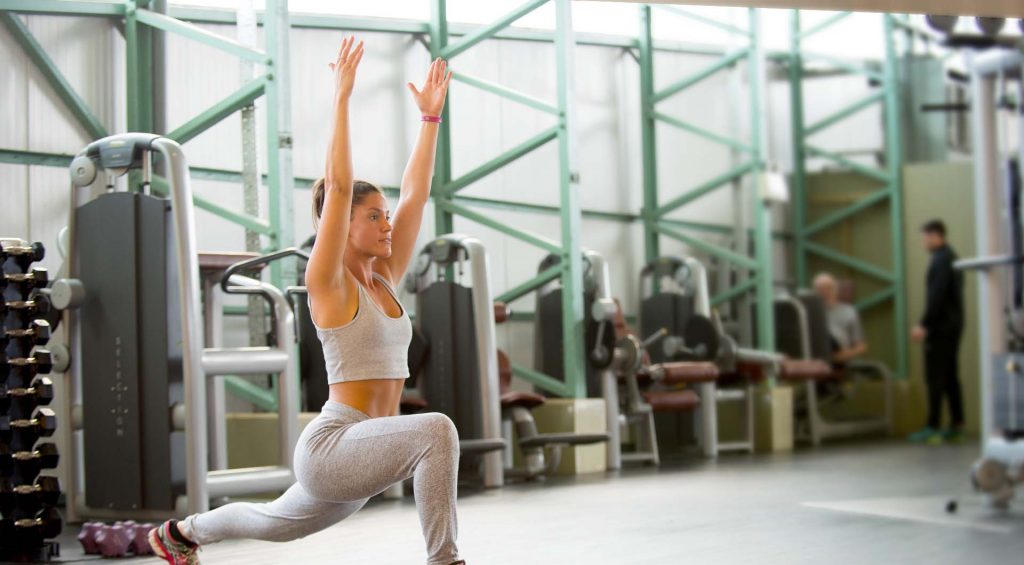Many of us have a notion that nutrition and exercise have important links, but how much thought do we give to how our sleep affects us both physically and emotionally?
The aim of this blog is to encourage you take just a moment to consider your sleep routine in relation to exercise performance and recovery in addition to your general health and wellbeing; we’ll also share a few tips for things you can try in order to regulate/improve/maintain your current sleep patterns.
Really listening to our bodies is not always an easy thing to do in the sometimes chaotic melee of day-to-day-life. Did you know that humans are the only mammals that willingly delay sleep? How often do you find yourself staying up to watch a late film or to “just watch one more episode” of your favourite show even though you know you’re likely to feel groggy in the morning as a result?
The NHS suggests adults need between 6 and 9 hours every night. The amount of sleep we have impacts on many systems and processes in our bodies including emotions, pain tolerance, resilience, motivation, productivity, memory, mental clarity, exercise performance, appetite and food choices, digestion, immunity, hormone production and our susceptibility to serious health conditions.
How does sleep affect our exercise performance and vice versa?
Sleep is your body’s chance to repair and recover; your cells regenerate and your muscles repair whilst you are asleep by utilising the nutrients absorbed from your food intake and sending oxygen to the muscles. Not getting enough sleep can reduce the amount of oxygen in our blood which in turn can impact on our metabolism (all of our body’s life-giving processes) and reduce muscle contractibility; chance of injury is also increased whilst motivation and the intensity at which you exercise is likely to be reduced when not well rested.
Anxiety is one factor that can affect sleep, exercise can help to reduce anxiety whilst boosting levels of hormones such as serotonin which can help to regulate appetite, mood and sleep. Being active enough during the day will help you sleep better whilst vigorous exercise too close to bedtime can have the opposite effect. Ensuring good levels of hydration when exercising will help your body to regulate its core temperature – your body’s temperature naturally drops when ready to sleep.
Establishing a good bedtime routine …
… and sticking to it helps your body to wind down and aids a good night’s sleep. Have you heard of circadian rhythms? They are 24 hour cycles of biological processes that occur within us which are controlled by the photosensitive cells in the retina of the eye, they detect the brightness of our surroundings and send messages to our brain which sets our sleep/wake cycle.
- Light is one of the strongest indicators to your body as to whether you should be awake or asleep. As you prepare for bed, gradually lower the lights in your environment and in addition, avoid devices which emit blue light for at least an hour prior to sleep which will ensure that the hormone melatonin – which makes you feel sleepy – is produced effectively by your body. It is not only the blue light of devices which can harm your sleep patterns, the activities that you are doing on them are likely to be stimulating your brain rather than helping it to switch off.
- Try listening to a relaxation script or doing a short relaxation yoga routine before heading off to bed.
- Some people find alternative techniques such as crystals help to ease anxiety, stress or nightmares.
- Once in bed, practise some breathing techniques. These can help to lower your blood pressure, calm your mind and relax your body.
- Emptying your mind by writing a list of unfinished tasks is also another way to prepare yourself for restful sleep.
There are things you can do to aid restful sleep even earlier in the day too such as considering your caffeine intake. Did you know that coffee has a half life of approximately 5-7 hours? Half life is the time it takes for half of the caffeine to leave your system. This means that if you have a cup of coffee at 3pm in the afternoon for example, the caffeine could still be having a stimulating effect on your body at 10pm in the evening! Remember that coffee isn’t the only thing which contains caffeine either – fizzy drinks, energy drinks and tea do too.
Still can’t sleep?
Try keeping a sleep diary, this can sometimes reveal a pattern of habits or medications for example which may be having an impact on your sleep quality which you may not otherwise be aware of. If you’re in bed and can’t sleep, some experts suggest getting up and going into another room until you do feel sleepy which can help avoid your brain associating your bed with being unable to sleep. If you think you have a sleep disorder then your GP is the best point of contact for you.


